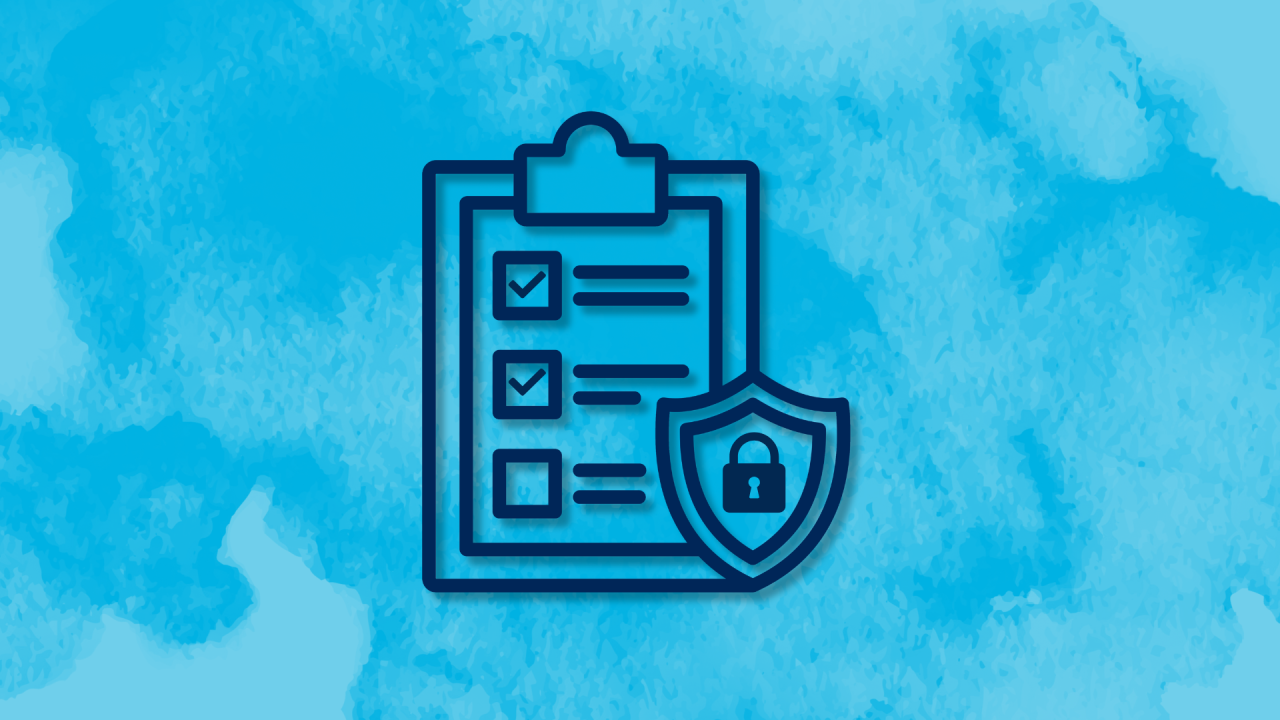
Tidy Up, Stay Safe: Your Digital Hygiene Action Plan
At UC Davis, students, faculty, and staff are immersed in technology-rich environments. From taking classes on Canvas and teaching in smart classrooms, to collaborating virtually with colleagues, technology has become a big part of our lives. However, when not managed properly, technology can come with even bigger risks. Practicing good digital hygiene protects your identity and data, and it can make your digital experiences more secure.
So, what exactly is digital hygiene? Every day, Aggies access all kinds of sensitive digital information, from financial aid records to research files. Poor digital hygiene can expose you to a variety of digital threats, including identity theft from hackers, AI enhanced phishing scams, data loss from malware, and more.
Digital Hygiene Checklist
Protect yourself and your information by regularly following these digital hygiene tips:
- Using long and unique passwords or passphrases. Using at least 15 characters, combine uppercase, lowercase, numbers, and special characters when creating passwords or use a passphrase. Find additional password guidance from National Institute of Standards and Technology.
- Use Multifactor Authentication. UC Davis uses Duo to add an extra layer of protection to your accounts and information. Passwordless options, like Face ID, Touch ID, and Duo Push can protect your account even if your password is compromised.
- Be cautious when you click. Phishing and job scams are a serious problem, especially in the age of AI.A link in an email may appearto go to a safe, familiar website, but actually directs you to a malicious one. Before you click on a link, hover over it and check that it matches the text in the email. Never click on a questionable link sent from an email.
- Back up your data. Use reliable storage like OneDrive, Box, Google Drive, or an external hard drive to save copies of important data. Make sure you back things up regularly. If you backup sensitive information to external drives and the information is sensitive, use encrypted drives. Be sure to not lose your decryption key.
- Delete unused files and apps. Remove old files, downloads, and applications that you no longer need to declutter and secure your devices.
- Review online accounts. Regularly check and remove accounts you no longer use. While you’re at it, check out your subscriptions and cancel any you don’t need.
- Keep software updated. Make sure you regularly install updates to your operating systems, browsers, and applications to patch security vulnerabilities.
- Avoid public Wi-Fi for sensitive tasks. Use a Virtual Private Network (VPN) for safer connections on public networks.
- Practice safe browsing. Avoid downloading things from unreliable or unknown sites. Always double check that you’re on a legit website by confirming the URL. Sometimes hackers will spoof a website to trick you into giving up your personal and financial data.
- Review privacy settings. Check and adjust privacy settings on your social media and device apps to ensure you are not sharing more than you intend to with strangers.
- Think before you post. Avoid sharing personal information on social media, especially if your account(s) is public. That information can be used to guess your password, passphrase, or may reveal answers to security questions.
- Lock your devices. Always lock your computer, tablet, and phone when you are away from them. Biometrics, like facial recognition or fingerprint, are harder to crack than a simple passcode.
- If it’s suspicious, report it! If you think you’ve experienced a security incident, report it immediately to cybersecurity@ucdavis.edu. Report any attempted or successful unauthorized access, disclosure, or misuse of computing systems, data or networks, including hacking and theft.
Digital Hygiene is like brushing your teeth; it should be a daily habit to prevent long term damage. Protecting your digital life is extremely important, and by following these steps we can create a safer digital community.
October is Cybersecurity Awareness Month
UC Davis Information and Educational Technology (IET) is partnering with the Information Security Office (ISO) to provide cybersecurity tips and information throughout the month of October for Cybersecurity Awareness Month. Learn more and test your cybersecurity knowledge at: https://iet.ucdavis.edu/cybersecurity-awareness-month
